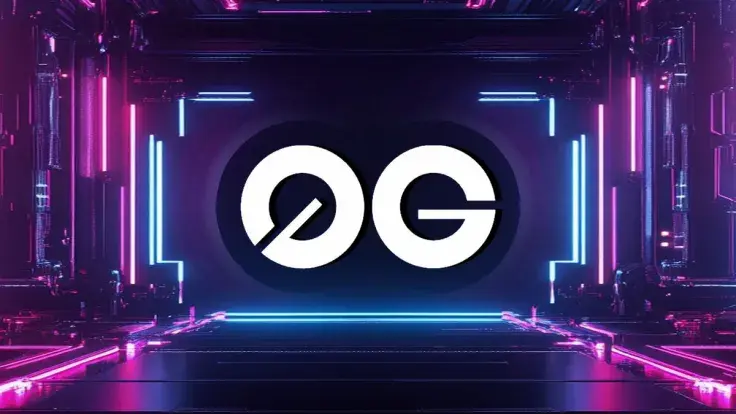
By building the next generation of data storage solutions — which can bridge the gap between decentralized data protocols and AI companies — 0G ensures high-performance data delivery, which is essential for cost-effective LLMs training in 2024.
0G bridges gap between Web3, AI and Big Data for consumer apps
0G, a novel AI data storage protocol, kicked off to address the challenges of siloed data and resources monopolies in AI. As a result, the segment will get new model training designs for more democratic and inclusive access to computational power.
By implementing an eccentric multi-layer structure, 0G is able to handle massive data volumes (50 gigabytes per second) required for advanced AI applications, such as high-frequency trading systems. This unparalleled level of scalability is achieved through a unique consensus mechanism that allows for parallel processing across multiple networks, effectively creating an infinitely scalable system.
0G's solution incorporates a novel incentive design leveraging the Proof of Random Access (PoRA) framework. The mechanism encourages network participants to not only store data but also to make it readily available for AI training and inference processes.
Lastly, the implications of 0G's tech stack do not end at data storage alone, as it also includes a sophisticated "Key-Value runtime," allowing for the seamless handling of structured, mutable data — an aspect that is critical for dynamic AI applications.
More resource-efficient solutions for AI revolution
The new cohort of products in the AI segment could not have been designed with the previous-gen approach to data management, i.e., leveraging siloed data or relying on giants like Amazon and Google. Day by day, such solutions become irrelevant due to gargantuan energy and resource consumption.
As of 2024, it is clear that decentralization is not just a technological choice but a necessity if AI systems have to garner more trust and widespread adoption. To illustrate the scale of centralized AI, consider Meta's LLAMA3, which required 16,000 H100 GPUs running for 30 days to train.
Decentralized AI systems powered by platforms like 0G offer a compelling alternative. By distributing data storage, compute power and decision-making across a network of participants, these systems not only offer more environmental benefits but also inherently reduce the risk of single points of failure or control.
 Dan Burgin
Dan Burgin Vladislav Sopov
Vladislav Sopov